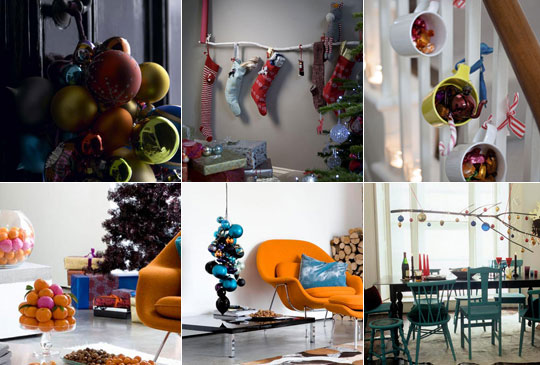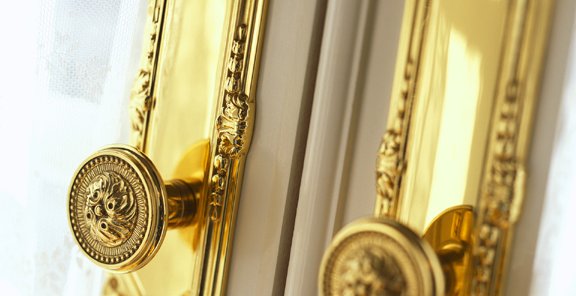
DIY – can it guarantee you a quality finish?
DIY might be satisfying way to add value to your property, but it doesn’t always tie in with your daydreams of luxury kitchens and perfectly fitted wardrobes. It can also drag on for ages, especially if you bank on learning techniques along the way; many DIYers forget that they need to get it right first time unless they want to live with a poor finish.

If you enjoy doing some home decoration yourself, perhaps a compromise is in order – hire experts to do the technical stuff that’s meant to last for years, like kitchens, bathrooms, cabinet-making and so forth, while you express your creative side on the decor and accessories:
1. Stick to what you already know
Unless you have a spare house to practise on, don’t use your property as a sandpit unless you’re happy to pay a professional to fix any mistakes or damage caused while you’re learning on the fly. Be honest with yourself – what can you do well now, and what do you need help with? Avoid tackling anything that you’re likely to make a mess of, or you may end up disappointed and annoyed at the waste of time and money.
2. Plan the new before you tear out the old
If you’re frustrated with your existing interior and feel impatient to make changes, you might be tempted to plunge in and start ripping things out before you know what you’re going to put there instead. But imagine how much less you’ll enjoy your property if it’s a dusty cavern – for however long it takes you to decide what to do with that empty space you’ve just made? Before you make any changes in reality, you’ll need to do some detailed planning if you want to end up with a quality finish.
3. Prepare for professional consultations
What do you actually want to use your kitchen for? Are you genuinely happiest spending hours perfecting your culinary skills, or would you rather throw together something tasty in a wok before sitting round the table with your friends and a few bottles of wine? Perhaps your kitchen is used for something other than cooking and eating – running a business, perhaps, or homework.
If you have a dining table elsewhere in the house, you can devote more of your kitchen to preparation space; if you’re in an urban flat, however, you might need a space-saving solution in the kitchen.
Also be honest with yourself about how tidy you’ll be – or at least how tidy your family are likely to be. If you frequently wander into the kitchen to find cupboard doors open and jars all over the work-surfaces, perhaps consider open shelving instead. Every scrap of information about how you use your space – and what you currently struggle with – will be useful to your designer.
4. Value over time
When choosing furniture, fittings and decor, emphasise quality, timeless style that will last. You can accessorise to keep things looking contemporary if you need to, but it’s a better return on investment to get a selection of good things for your money, than to compromise with lots of bits that will fall out of fashion and need replacing every couple of years. The major items here will be appliances – remember to factor energy efficiency into your value-over-time.




